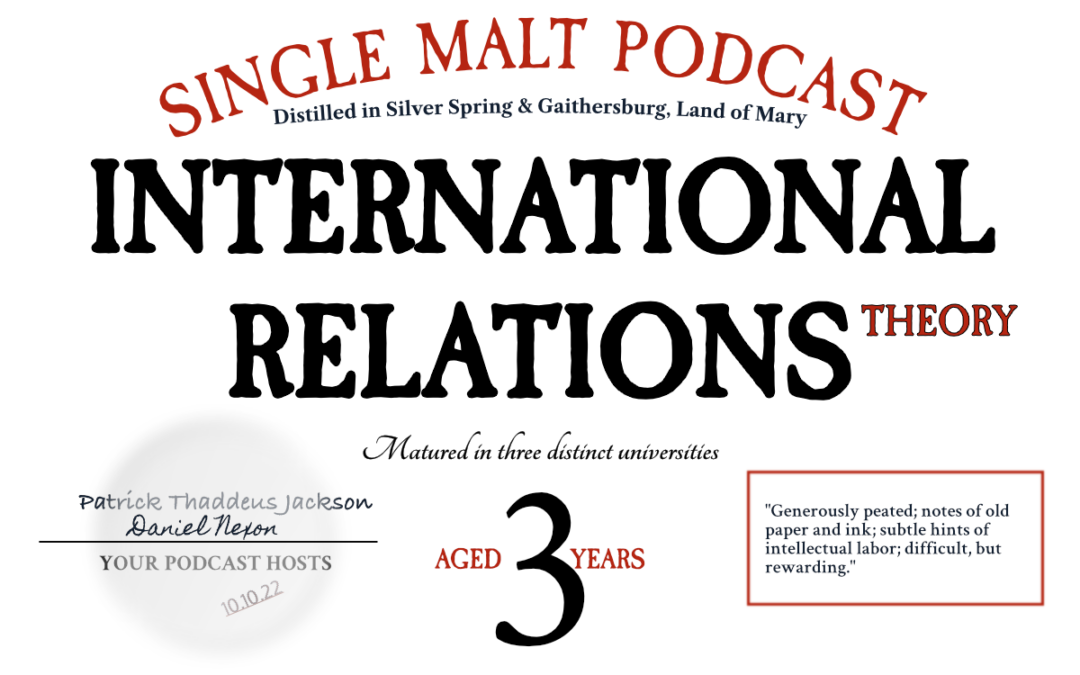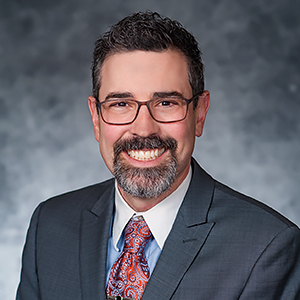The second installment of our live taping at the British International Studies Association annual…


Patrick Thaddeus Jackson is Professor of International Studies in the School of International Service, and also Director of the AU Honors program. He previously taught at Columbia University and New York University. He received his Ph.D. in Political Science from Columbia University in 2001. In 2003-4, he served as President of the International Studies Association-Northeast; in 2012-2013, he did so again. He was formerly Editor-in-Chief of the Journal of International Relations and Development, and is currently Series Editor of the University of Michigan Press' book series Configurations: Critical Studies of World Politics. He was named the 2012 U.S. Professor of the Year for the District of Columbia by the Carnegie Foundation for the Advancement of Teaching. Jackson's research interests include culture and agency, international relations theory (particularly the intersection of realism and constructivism), scientific methodology, the role of rhetoric in public life, civilizations in world politics, the sociology of academic knowledge, popular culture and IR, and the formation of subjectivity both in the classroom and in the broader social sphere. Jackson is also a devoted (some might say “obsessive”) baseball fan, and a self-proclaimed sci-fi geek.
Patrick Thaddeus Jackson is Professor of International Studies in the School of International Service, and also Director of the AU Honors program. He previously taught at Columbia University and New York University. He received his Ph.D. in Political Science from Columbia University in 2001. In 2003-4, he served as President of the International Studies Association-Northeast; in 2012-2013, he did so again. He was formerly Editor-in-Chief of the Journal of International Relations and Development, and is currently Series Editor of the University of Michigan Press' book series Configurations: Critical Studies of World Politics. He was named the 2012 U.S. Professor of the Year for the District of Columbia by the Carnegie Foundation for the Advancement of Teaching. Jackson's research interests include culture and agency, international relations theory (particularly the intersection of realism and constructivism), scientific methodology, the role of rhetoric in public life, civilizations in world politics, the sociology of academic knowledge, popular culture and IR, and the formation of subjectivity both in the classroom and in the broader social sphere. Jackson is also a devoted (some might say “obsessive”) baseball fan, and a self-proclaimed sci-fi geek.